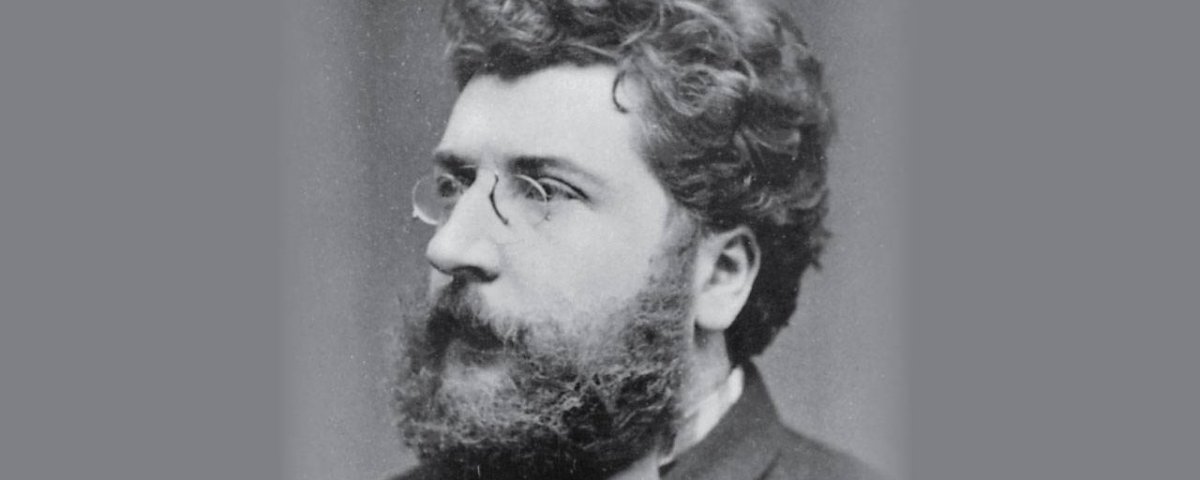
Georges Bizet (1838-1875): The Sacrifice of a Passionate Woman
We all know the name, but when we are asked about specific works, we pronounce the name Carmen. Only the experts go on. Georges Bizet suffered the fate of many pop stars: he was the victim of the enormous success of his most famous work. A work whose fame dwarfed all others.
He came from a purely musical family. His father was a singing teacher, his mother a pianist, so music was an obvious choice. He studied at the Paris Conservatoire and wrote his first symphony at the age of seventeen, but was not very familiar with it in later years, perhaps because of the obvious influence and inspiration of other composers. Nevertheless, it was clear evidence of his developing talent.
Attempts at opera followed. In 1857 Bizet won the Prix de Rome with his one-act play Doctor Miracle. The victory was accompanied by a two-year scholarship in Italy. Returning to Paris, he staged The Pearl Fishers in 1863, followed by Ivan the Terrible (1865) and The Belle of Perth (1867).
In 1868 Bizet married Geneviéve, the daughter of his teacher Halévy, but she was hereditarily afflicted with depression, and the same curse befell their only son Jacques, who committed suicide at the age of fifty.
In the meantime, however, Bizet's fame grew, he was often in demand, composing by the hundred and six, though not all of his works were able to be completed. His work was also hampered by excessive self-criticism and a lack of confidence in his own abilities.
In the 1970s he was commissioned to write another opera and chose Prospero Merimé's book Carmen as his theme. However, it was to be Bizet's last work.
Carmen was really alive. The writer and journalist Prosper Merimée (1803-1870) became familiar with the story through the accounts of his friend, the Countess de Montijo. A relative of hers had once fallen in love with a tobacco factory worker. And around this time, a defector was sentenced to death. Like a good fabulist, Merimée linked several motives. The real Carmen was Spanish, but Merimée, who had studied the customs and customs of the Gypsy ethnic group, gave her Gypsy blood and temperament.
Carmen premiered on 3 March 1875. Exactly two months later, on the day of the thirty-third reprise of the initially coolly received and later increasingly successful Carmen, the thirty-eight-year-old Bizet died of a cardiac collapse resulting from a suppurative throat infection. After the fiftieth reprise, Carmen disappeared from the Paris repertoire.
In 1883, however, Carmen reappeared at the Paris Comic Opera. And her real fame began. In seven years it had already had five hundred performances, and on 23 December 1904 it was given for the thousandth time on this stage. Carmen was and is also performed in Dutch, Danish, Russian, Croatian, Slovenian, Bulgarian, Lithuanian, Hebrew, Japanese and other languages.
You can hear the works of Georges Bizet at our concerts at St Martin in the Wall Church.



